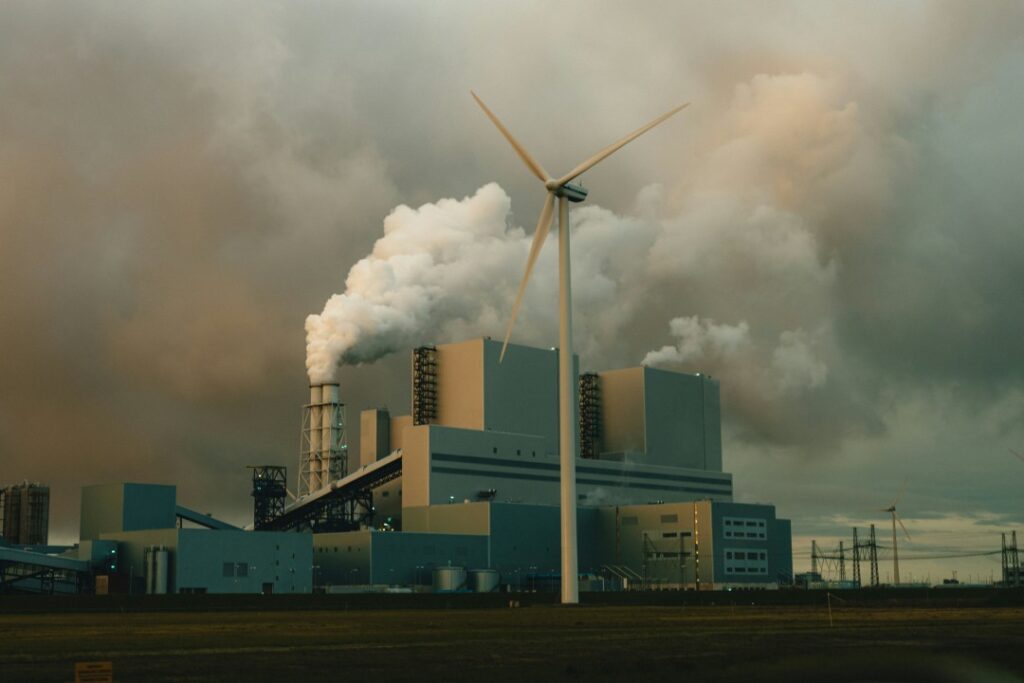Brookfield Asset Management raised $10 billion in the initial close of its second global private equity fund, the Brookfield Global Transition Fund (BGTF II), which targets investments that will accelerate the shift to a net-zero economy.
This milestone reflects an essential move towards the fund, which began trading last year and is on track to outperform its forerunner, the BGTF fund, which closed at $15 billion in June 2022, establishing itself as the largest private fund committed to promoting the net-zero economy.
This fundraising performance is consistent with Brookfield’s assessment of a significant increase in transition possibilities internationally. This announcement comes after a series of strategic moves by significant investors aimed at emerging decarbonisation and energy transition opportunities, including BlackRock’s recent $12.5 billion acquisition of infrastructure investor Global Infrastructure Partners and General Atlantic’s subsequent acquisition of sustainable infrastructure investor Actis.
The fund, co-led by Brookfield Chair and Head of Transition Investing Mark Carney and Brookfield Renewables CEO Connor Teskey, has the potential to capitalise on corporate demand for decarbonisation technologies, which has emerged as the primary driver of transition investment, providing both economic value and benefits to the environment.
Brookfield’s BGTF II investment strategy is focused on three major areas: increasing renewable energy, transforming carbon-intensive industry enterprises into sustainable models, and accelerating the acceptance of sustainable solutions. Fund II made noteworthy investments, including acquiring one of the UK’s top independent developers and operators of onshore wind farms and a solar development partnership in India.
Brookfield expects to complete fundraising for BGFT II by the third quarter of the current year. The inaugural fund’s capital has already been deployed or committed to various sectors, comprising renewable power, business transformation, carbon capture and storage, renewable natural gas, and nuclear services, all of which are managed based on science sector routes to net zero.
































